China, G20 must reverse the eclipse of globalization
Updated: 2016-09-08 14:52
By Dan Steinbock(chinadaily.com.cn)
|
||||||||
Eclipse of globalization
Starting around 1870, capital and trade flows rapidly became substantial, driven by falling transport costs. However, this first wave of globalization was reversed by a retreat into nationalism and protectionism between 1914 and 1945.
After World War II, trade barriers came down, and transport costs continued to fall, thanks to the U.S.-led Bretton Woods system. As foreign direct investment (FDI) and international trade returned to the pre-1914 levels, globalization was fueled by the “three glorious decades” of economic miracles in Western Europe followed by the rise of Japan. However, this second wave of globalization mostly benefited the advanced economies. It was their “golden era.”
After 1980 many developing countries broke into world markets for manufactured goods and services, while they were also able to attract foreign capital. This era of globalization peaked between China’s membership in the World Trade Organization (WTO) in 2001 and the onset of the global recession in 2008. It lent credibility to the idea that large emerging economies had become a central force in the global economy, even before the global crisis. So when the advanced West, led by the U.S., was swept by the Great Recession, large emerging economies (proxied by China) fueled the global economy, which was thus spared from a global depression.
As the G20 cooperation dimmed, so did global growth prospects, too. Before the global crisis, world investment soared to almost $2 trillion. Despite new demographics, growth and productivity, global FDI flows rose to $1.7 trillion in 2015; the highest level since the global crisis, yet well behind the record high a decade ago. That could undermine the investment needs and future of the Sustainable Development Goals and the ambitious Paris Agreement on climate change.
Unfortunately, the state of world trade is even worse. As the 18th report of the Global Trade Alert showed last year, world export volumes are not growing more slowly, but falling. Manufacturing prices were down almost 10 percent, whereas world export prices remained some 20 percent lower than their 2011 highs – not least because of trade restrictions imposed by certain G20 economies in key product categories.
At the same time, the third leg of globalization, global migration, is plunging in developed regions, while stagnating in developing regions. Even worse, the 21st century has started with the greatest global forced displacement since the postwar era, with more than 65 million people displaced from their homes by conflict and persecution in 2015, according to the UN Refugee Agency.
In the past, world investment, trade and migration habitually picked up as recessions ended. Today, there will be no return to “business as usual.” As a result, the stakes could not be higher for G20 cooperation today. Global economic integration is at crossroads.
- British parliament to debate second Brexit referendum petition
- Chinese women find their way through the glass ceiling
- Rousseff leaves presidential residence in salutation
- Thousands of Chinese rally in Paris to call for 'security for all'
- Xi tells Park China opposes deployment of THAAD in ROK
- Singapore confirms 27 new cases of Zika infection
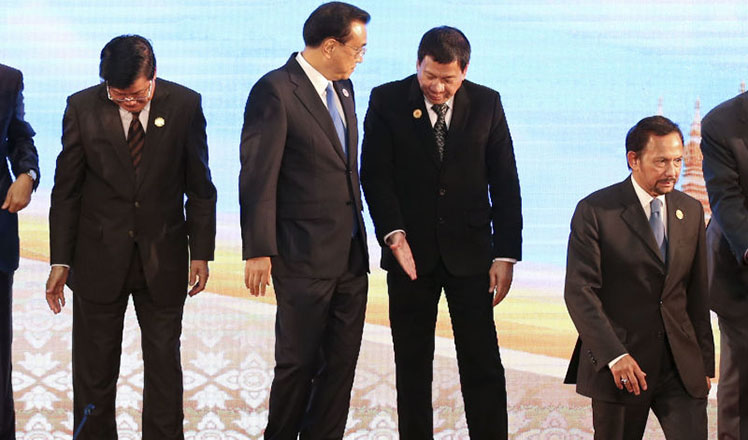
 Unforgettable moments of Premier Li at ASEAN meeting
Unforgettable moments of Premier Li at ASEAN meeting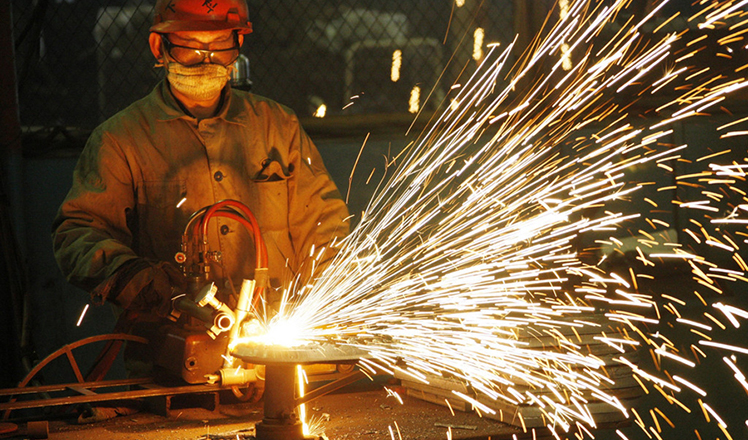
 Six policy signals China sent at G20 Summit
Six policy signals China sent at G20 Summit
 'First Lady table ware' a hit in Hangzhou
'First Lady table ware' a hit in Hangzhou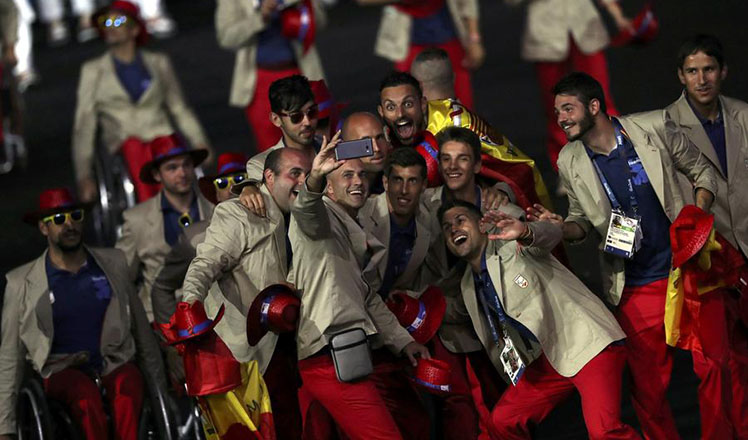
 Paralympics opens in Rio
Paralympics opens in Rio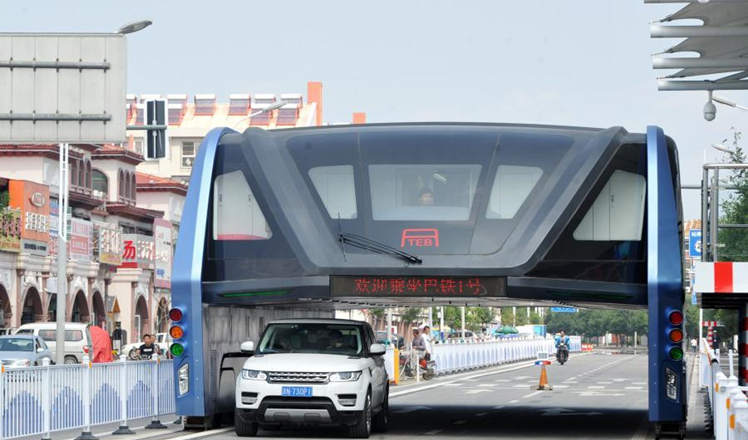
 Street-straddling bus continues tests
Street-straddling bus continues tests
 British man falls for ancient Jiangxi village, buys property
British man falls for ancient Jiangxi village, buys property
 Post-90s property beauty's daily life
Post-90s property beauty's daily life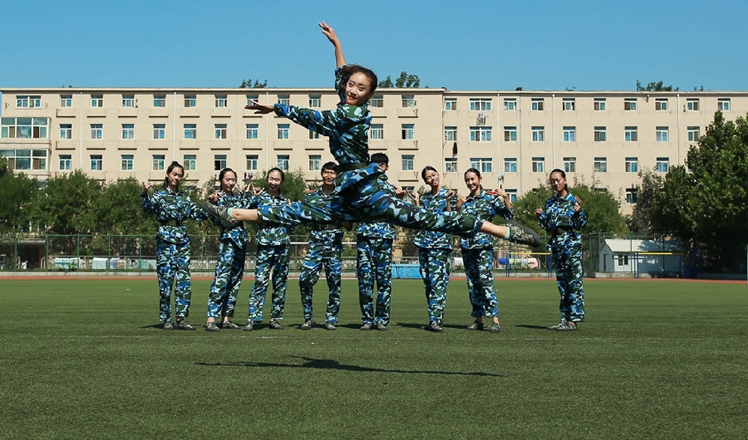
 Freshmen show dance skills during military training
Freshmen show dance skills during military training
Most Viewed
Editor's Picks

|

|

|

|

|

|
Today's Top News
Trump outlines anti-terror plan, proposing extreme vetting for immigrants
Phelps puts spotlight on cupping
US launches airstrikes against IS targets in Libya's Sirte
Ministry slams US-Korean THAAD deployment
Two police officers shot at protest in Dallas
Abe's blame game reveals his policies failing to get results
Ending wildlife trafficking must be policy priority in Asia
Effects of supply-side reform take time to be seen
US Weekly

|

|







